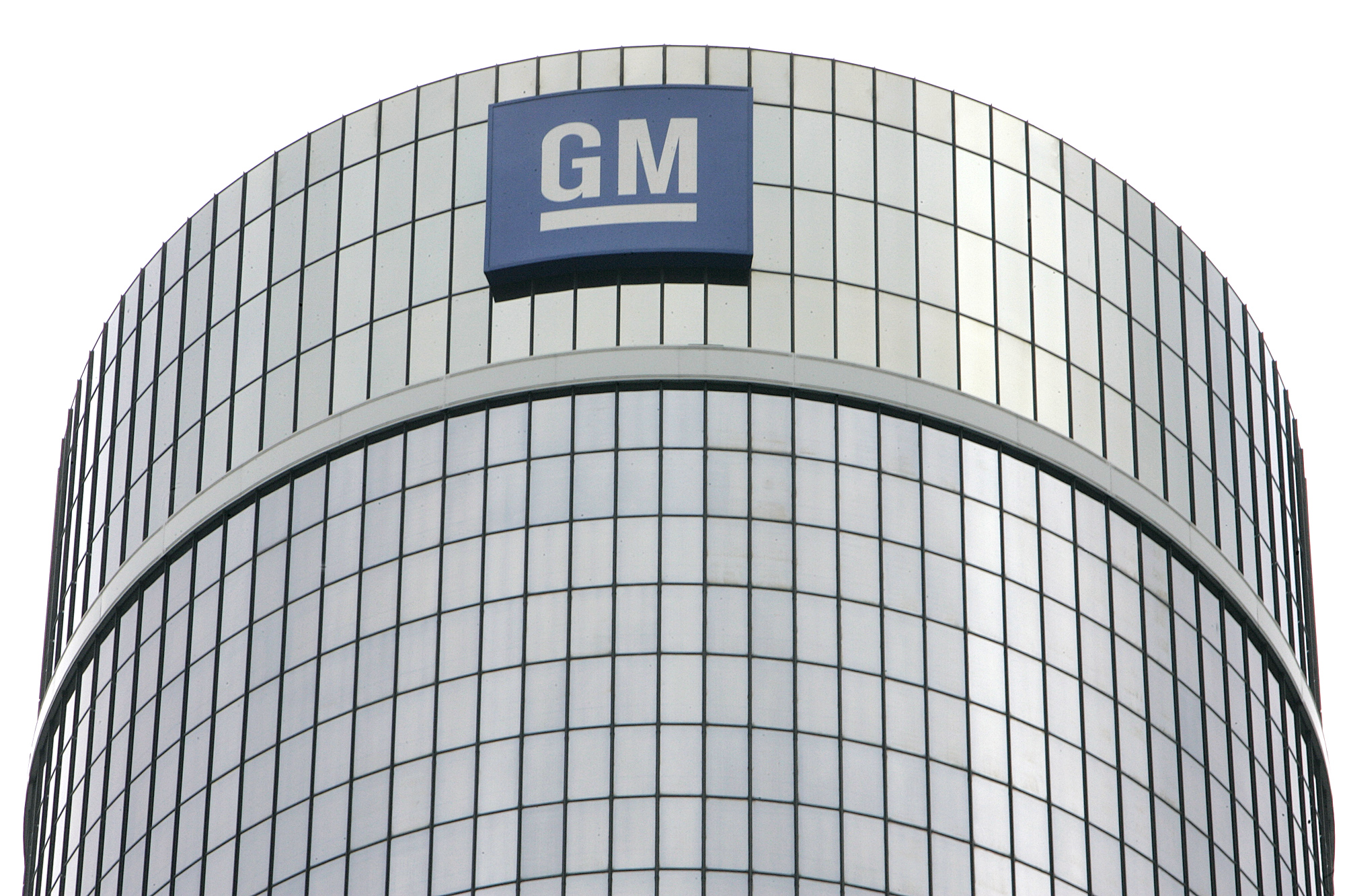U.S., China must work together
Any action against China would have a negative impact on American industry.
By Jack Lessenberry / The Blade
Sat, 23 May 2020 04:00:00 GMT
DETROIT — There’s no doubt that President Trump blames China for the spread of coronavirus — or that he is thinking seriously about retaliating against that nation.
He has talked of seeking hundreds of billions in damages, and at one point said “we have ways of doing things a lot easier than that.”
What he meant wasn’t clear. But what is clear is that Michigan businesses, already rattled by the economic devastation caused by the coronavirus pandemic, have a lot to potentially lose.
“The Chinese economy is propping up the world economy. If they were to falter, it would drag all of us down. We are inextricably linked,” said Tom Watkins, an educational and business adviser in both countries who lives part time in both Michigan and China.
Like most experts, he agrees that China’s actions during this crisis have been anything but perfect. China’s ruling Communist Party has been becoming increasingly authoritarian.
Even if one doesn’t believe Secretary of State Mike Pompeo’s theory that the virus escaped from a laboratory in Wuhan, it is clear that the Chinese government suppressed vital information about it for days or weeks, costing lives in the process.
But Mr. Watkins added that what this nation now needs to do is work on solutions, not fix the blame. “Chest-thumping, playing blame games, and heated rhetoric is doing nothing to help the American people. We need to stop playing politics with a global health pandemic that has unleashed a global tsunami across the world.”
If the increasing tensions lead to a new economic “cold war” between the two nations, Michigan has more to lose than most places. According to the U.S.-China Business Council, Michigan imported more from China in 2017 than all but three other states. The state also exported more to China than all but six others.
Most of Michigan’s exports to that nation were automobile components and agricultural products, the state’s two largest industries. That’s not to suggest, however, that trade is balanced.
Far from it. Michigan runs one of the biggest overall trade deficits of any state. In 2018, for example, Michigan imported $146.7 billion worth of goods and services and exported just over $58 billion.
Trade patterns with China have been similar, though slightly less unbalanced; in 2018, the state exported $3.6 billion in goods to China while importing almost $10.4 billion.
That becomes slightly more balanced when you factor in the $1.1 billion worth of services, such as higher education, Michigan supplied to China. But though trade may not be balanced, China has become vastly important to the Michigan economy.
The nonprofit U.S.-China Business Council estimates that Michigan exports to China supported 29,200 American jobs in 2016. That may have increased since, since exports have grown.
Last year, however, Michigan imports from China dipped to about $8.7 billion, according to the U.S. Census Bureau, largely because of President Trump’s off-again, on-again tariff and trade war with China, in a world where COVID-19 did not exist.
That war threatened agriculture, where Michigan has been exporting a vast amount of soybeans, but also corn and pork to China. But it was especially worrisome to the automotive industry.
General Motors now sells far more cars in China than in the United States, something that would have seemed inconceivable just a few years ago. Jerry Xu, a former head of the Detroit-Chinese Business Association, told the New York Times that when it came to the Chinese and American auto industries, “You can’t separate the two. You’re going to kill the industry if you try.”
What might be even more fatal, however, would be to destroy or permanently damage America’s relationship with the world’s newest and fastest growing economic superpower.
While the tariff wars of 2019 eventually came to an end, the Chinese-American relationship now may be facing a perfect economic, medical, and politically destructive storm. The coronavirus, which clearly began in China, has inflamed tensions.
“China has few friends in the United States these days, and it is mostly Beijing’s own fault,” Doug Bandow, a former special assistant to President Ronald Reagan, wrote in Foreign Policy earlier this month,
“The COVID-19 crisis has greatly inflamed anti-China sentiments in a dangerous and counterproductive way,” he said.
But though Mr. Bandow agrees China deserves a great deal of criticism for its mishandling the virus and misleading propaganda afterward, he thinks trying to make China pay would backfire — badly. “It could become the trigger for a new cold war, or worse.”
While the Trump Administration has sent mixed messages about what it plans to do, there’s no doubt that President Trump intends to run for re-election against China — and by trying to tie the likely Democratic nominee, Joe Biden, to China.
“China wants Sleepy Joe sooo badly,” he tweeted last month. “I am TOUGH ON CHINA and Sleepy Joe Biden is WEAK ON CHINA.”
Other Republicans have also picked up on the bash-China theme. U.S. Sen. John Hawley of Missouri is sending out email blasts asking for campaign donations to help America “break away from Communist China’s stronghold” and “become economically independent from China.” Given the sheer size of the Chinese economy and the fact that the Chinese own more than $1 trillion of our national debt, that might be something like impossible.
Especially for a nation in America’s present economic circumstances. “The U.S.-China relationship remains the most important bilateral relationship in the world today,” Mr. Watkins said. He knows that right now, this is not a happy marriage. But he and other experts believe that neither party can afford a divorce.
Jack Lessenberry is a former Blade national editor. He can be reached by email at omblade@aol.com.

General Motors now sells far more cars in China than in the United States, something that would have seemed inconceivable just a few years ago.